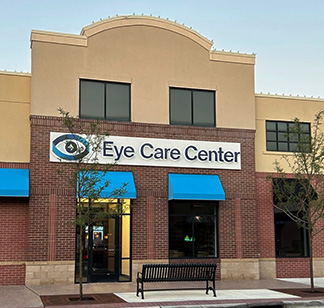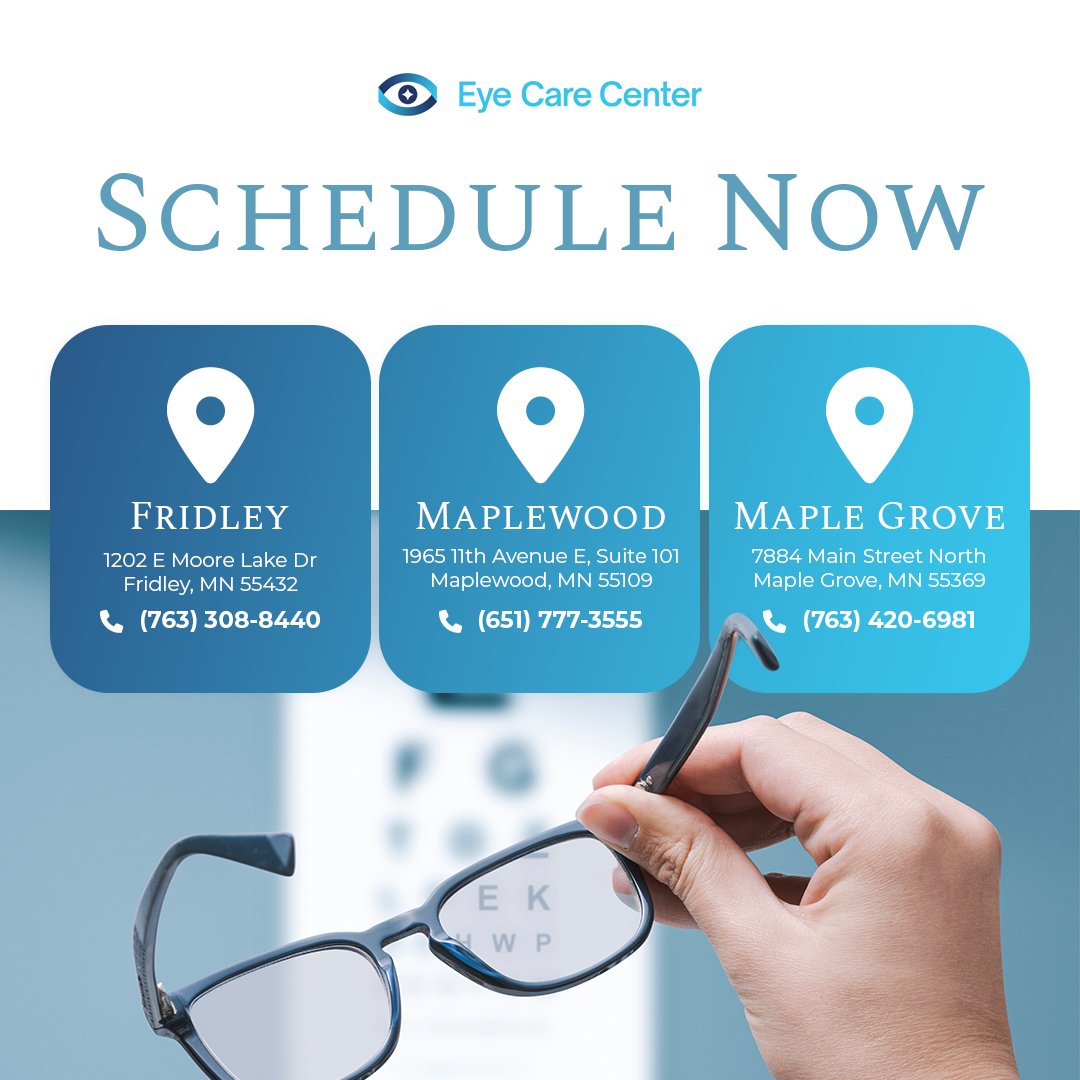
Macular degeneration is one of the leading causes of vision loss in adults over the age of 50. Despite its prevalence, many people are unaware of how this condition develops, the symptoms to look out for, and what treatment options are available.
What Is Macular Degeneration?
Macular degeneration, often referred to as age-related macular degeneration (AMD), is a condition that affects the macula—the central portion of the retina responsible for sharp, straight-ahead vision. As the macula deteriorates, patients experience blurred or reduced central vision, making it difficult to read, drive, recognize faces, or perform close-up work.
There are two primary types of AMD:
Dry AMD: The most common form, characterized by the gradual thinning of the macula.
Wet AMD: Less common but more severe, involving abnormal blood vessel growth under the retina that can leak fluid or blood.
Causes and Risk Factors
While the exact cause of macular degeneration remains unclear, several known risk factors can increase the likelihood of developing the condition. Age is one of the most significant contributors, with the risk rising sharply after age 50. Genetics also play a role, as individuals with a family history of age-related macular degeneration (AMD) are more prone to the disease.
Lifestyle choices such as smoking can double the risk, while obesity may accelerate the progression of the disease, particularly in its early and intermediate stages. Additionally, high blood pressure and cardiovascular disease can lead to retinal damage, and a poor diet lacking in antioxidants and leafy greens may further elevate the risk.
The Importance of Regular Eye Exams
Because macular degeneration can develop without symptoms in its early stages, routine comprehensive eye exams are essential. Early detection allows for timely intervention, which can significantly slow progression and preserve vision. At Eye Care Center, our advanced diagnostic tools enable us to detect even subtle signs of AMD before symptoms arise.
Early Symptoms of Macular Degeneration
As the condition progresses, individuals may experience:
Blurred or fuzzy vision
Difficulty recognizing faces
Straight lines appearing wavy or distorted (a symptom of wet AMD)
Dark or empty areas in the center of vision
If you notice any of these changes, it's important to contact your eye care provider immediately.
Treatment Options
While there is currently no cure for macular degeneration, there are effective treatment options to slow progression and manage symptoms:
Lifestyle Changes: Quitting smoking, exercising regularly, and adopting a healthy diet rich in leafy greens and omega-3 fatty acids.
Nutritional Supplements: AREDS2-formula supplements may reduce the risk of progression in intermediate and advanced stages of AMD.
Anti-VEGF Injections: For wet AMD, medications injected into the eye can reduce abnormal blood vessel growth and fluid leakage.
Low Vision Aids: Magnifying devices and adaptive technologies can help patients maintain independence.
Protect Your Sight at Eye Care Center
Macular degeneration is a serious eye condition, but with awareness, preventive steps, and early detection, you can protect your vision. Regular eye exams play a critical role in catching AMD early and managing its progression effectively.
Schedule a comprehensive eye exam with Eye Care Center to stay ahead of macular degeneration. Visit our offices are in Fridley, Maplewood, and Maple Grove, Minnesota. Call (763) 308-8440, (651) 777-3555, or (763) 420-6981 to book an appointment today.

















